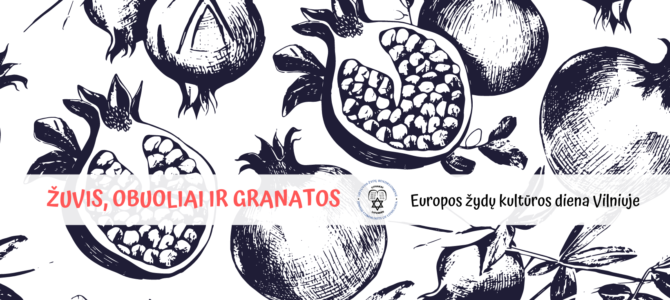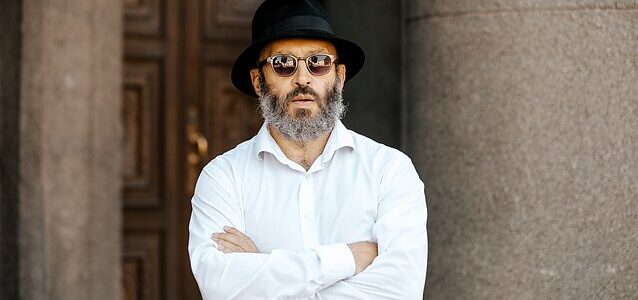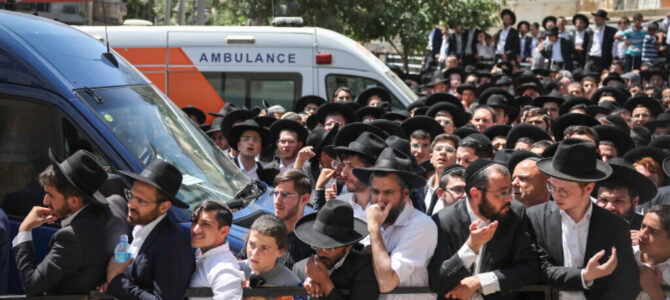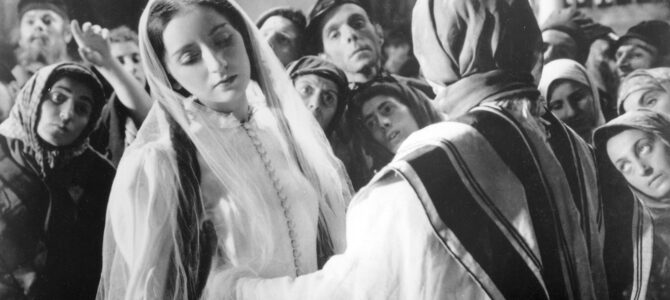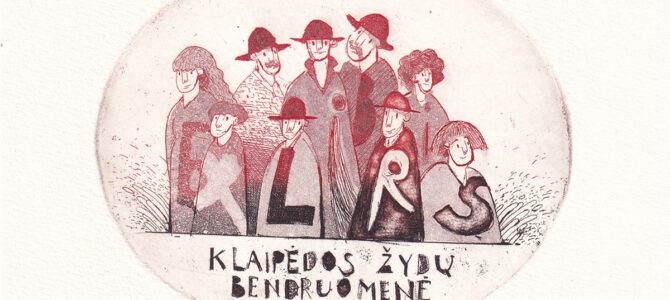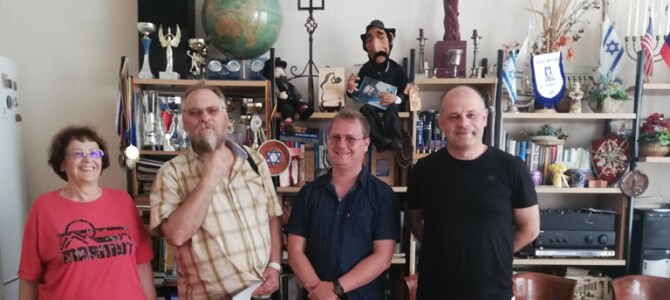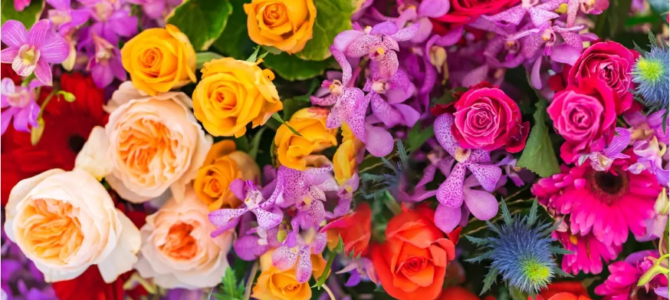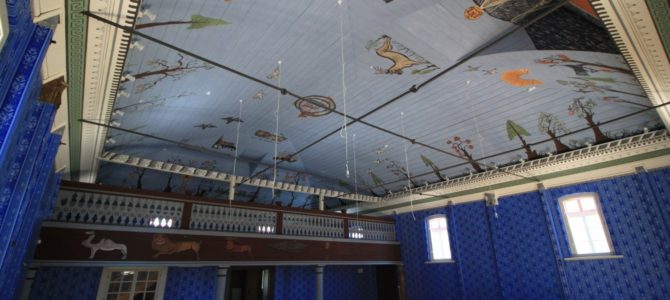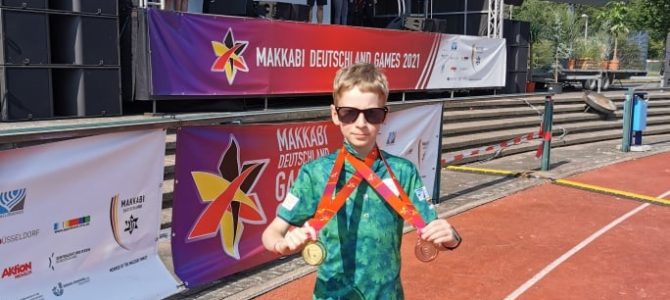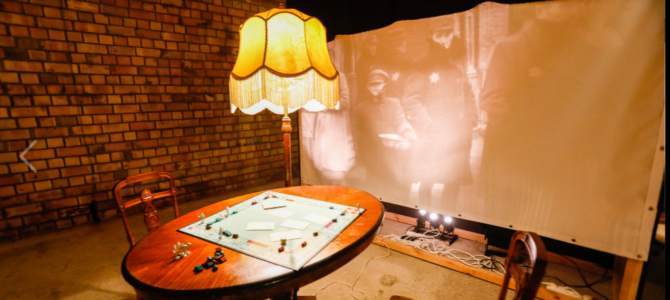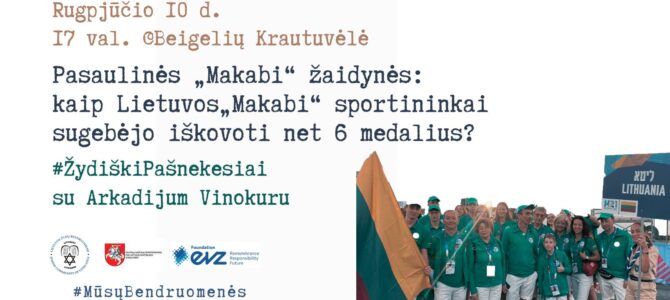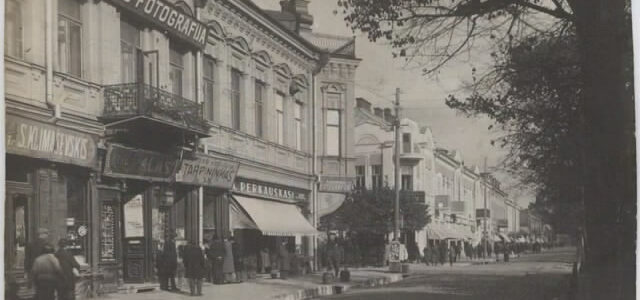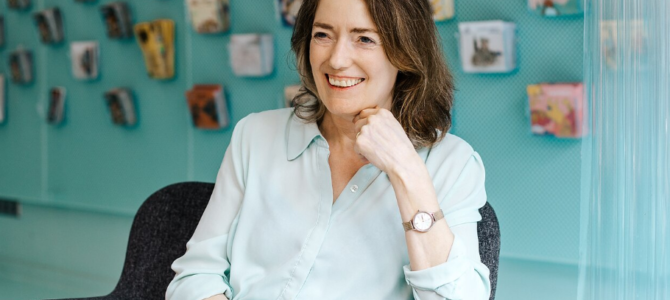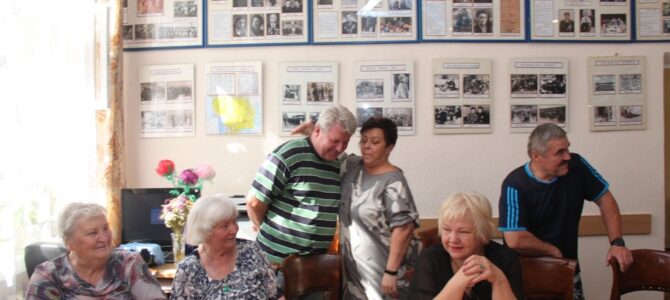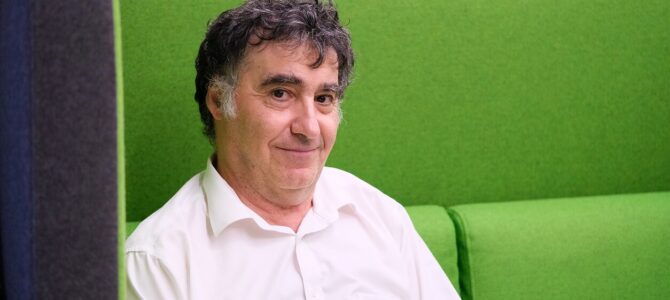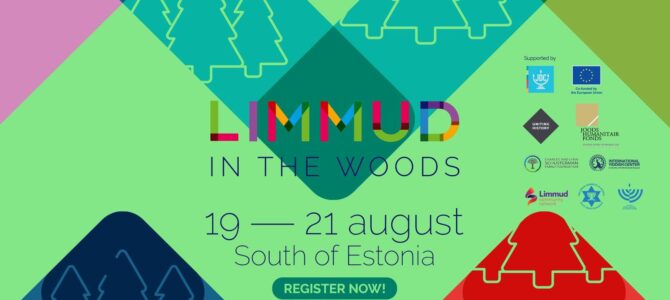This year will be the seventh the Lithuanian Jewish Community is holding events for the European Days of Jewish Culture. This year’s theme is renewal.
Renewal is woven into almost all aspects of Jewish life. Jewish life is continually building on the past in new ways, bringing a sense of constant change along with a reassuring sense of continuity. The Jewish New Year opens with the festivals of Rosh Hashana and Yom Kippur. These holy days through their traditions and prayers present an opportunity to reflect on and acknowledge our past actions while looking ahead with new resolutions, optimism and determination. During this period we reconcile personal and communal differences within ourselves and with others as we actively strive to renew our aspirations for the coming year, and beyond.
We invite you to attend the events, all of which are free and open to the public.
Register here, space is limited.
Program:


